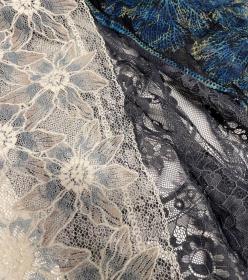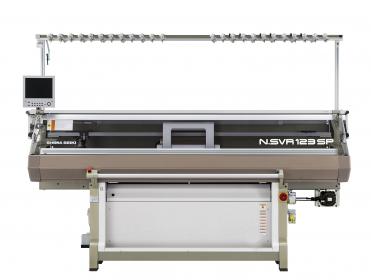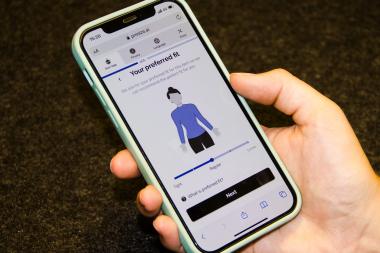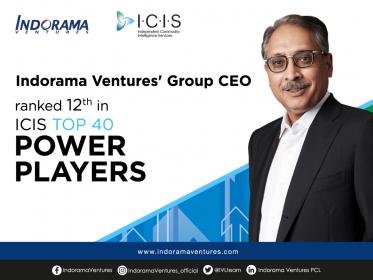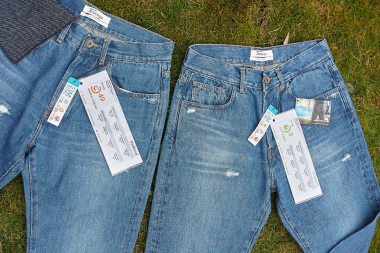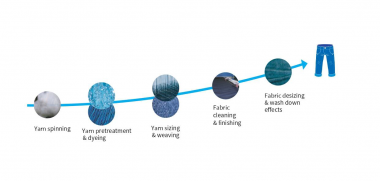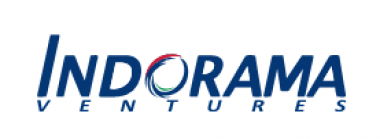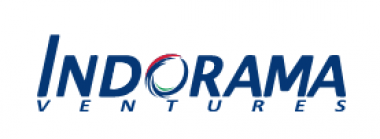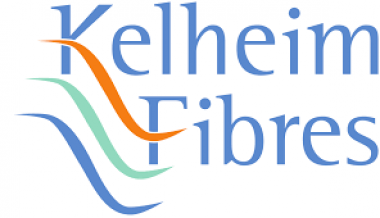"Smart Lace System" of Iluna Group at Milano Unica
- Based on high-tech finishing, responsible materials and certified partnerships
- With multicolored flock, zero water printing, chenille and metallic effects, the company is at the forefront in establishing a responsible lace supply chain
Legend has it that a sailor brought his beloved a seaweed from distant seas as a gift. The woman, wanting to preserve its beauty, replicated the design and holes with needle and thread. And so lace was born. Since that moment, lace has lived within the walls of churches and castles, visited race tracks and catwalks, changing shape and color according to seasons and times.
Among the companies involved in writing a new chapter in the history of lace, Iluna Group definitely stands out. Founded in 1970 from an idea of its founder Luigi Annovazzi, over the years Iluna has responded to the challenges posed by the market in terms of technology and sustainability.
Since 2017 Iluna has been using only sustainable and certified ROICA™ stretch yarns from the ROICA Eco-Smart™ family, while the percentage of sustainable references has risen from 3% in 2018 to 52% in 2021.
There are four main proposals presented by Iluna Group during Milano Unica:
- Flock in flounce or allover entirely made with recycled ingredients and equipped with endless printing possibilities, with 3D and multicolor effects that allow the inclusion in fashion, underwear and athleisure looks. All certified GRS (Global Recycled Standard).
- Continued investment in both the Green Label and Bioline, two collections totally dedicated to innovative and responsible aesthetics. Both include lace made with the responsible 6.6 polyamide yarn Amni Soul Eco® and the degradable stretch fiber ROICA™ V550, combined with natural vegetable dyes with OEKO TEX and GOTS certifications.
- The union of a chenille yarn blended with FSC-certified viscose and Renycle® yarn, a product obtained by recycling nylon 6, a high-value material with excellent strength, dyeing, softness and versatility, gives life to surprising new Textronic. The embossed designs with 3D effect create a cloud effect that, combined with Lurex, gives unexpected glows.
- GRS-certified tulles printed with GREENDROP technology, the new GOTS-certified digital pigment printing system, with lower energy consumption and low water waste, thanks to an internal closed-circuit process for water recycling.
Milano Unica ILUNA Group ILUNA Group, ROICA, partnership, certified materials Lace
C.L.A.S.S.


